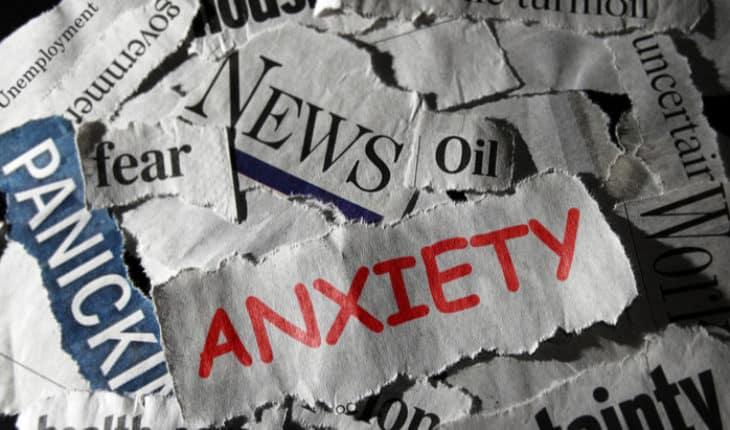‘Covid-19 anxiety syndrome’ may cause a significant number of people to struggle with reintegrating back into daily life as UK society returns to normal after the pandemic, says new research by London South Bank University (LSBU), in partnership with Kingston University.
The research findings show that one in five of the 286 UK-based survey participants scored highly on the Covid-19 anxiety syndrome scale, used by the researchers in February 2021.
Covid-19 anxiety syndrome consists of forms of coping such as a constant attention to threat, worry, avoidance and excessive checking, that can keep people locked into a state of continuous anxiety and fear of contracting the virus.
The research is led by Professor Marcantonio Spada and Professor Ian Albery, based at the Centre for Addictive Behaviours at LSBU’s School of Applied Sciences, in collaboration with Professor Ana Nikčević from Kingston University.
Key findings show that:
· 54% strongly endorsed avoiding public transport because of a fear of contracting the virus;
· 49% strongly endorsed avoiding touching things in public spaces because of a fear of the virus;
· 38% strongly endorsed avoiding going out to public places because of a fear of the virus;
· 14% strongly endorsed paying close attention to others displaying possible symptoms of the virus;
· 9% strongly endorsed reading about the news relating to the virus at the cost of work engagement;
The top 25% of scorers on the Covid 19 anxiety syndrome scale are younger and have a higher risk status than the rest of the sample, regardless of gender or vaccination status. Those at high risk, for example, with diabetes, asthma and other chronic physical conditions, scored significantly higher on the COVID-19 anxiety syndrome scale than the rest of the population.
Professor Marcantonio Spada, Professor of Addictive Behaviours and Mental Health at LSBU, said: “The Covid-19 anxiety syndrome refers to how we cope with the fear of contracting the virus. Our research highlights that some forms of coping may exacerbate this fear and heighten anxiety.
“We observed that the higher the levels of Covid-19 anxiety syndrome, the more likely it is that those people will be aware of the threat of catching the virus. This group of people also find it harder to disengage from these threats, which may make return to normal daily living harder.
“In view of our findings, we believe it will take time, for some people to return to normal daily life after the pandemic and we will need to support them. Mapping out how we will do this is a priority.”
- Gut microbiome could delay onset of type 1 diabetes - 3rd April 2025
- The da Vinci 5 Robot Is Set To Transform Bariatric Care: - 31st March 2025
- Beyond money: the hidden drivers fuelling child food insecurity - 31st March 2025






